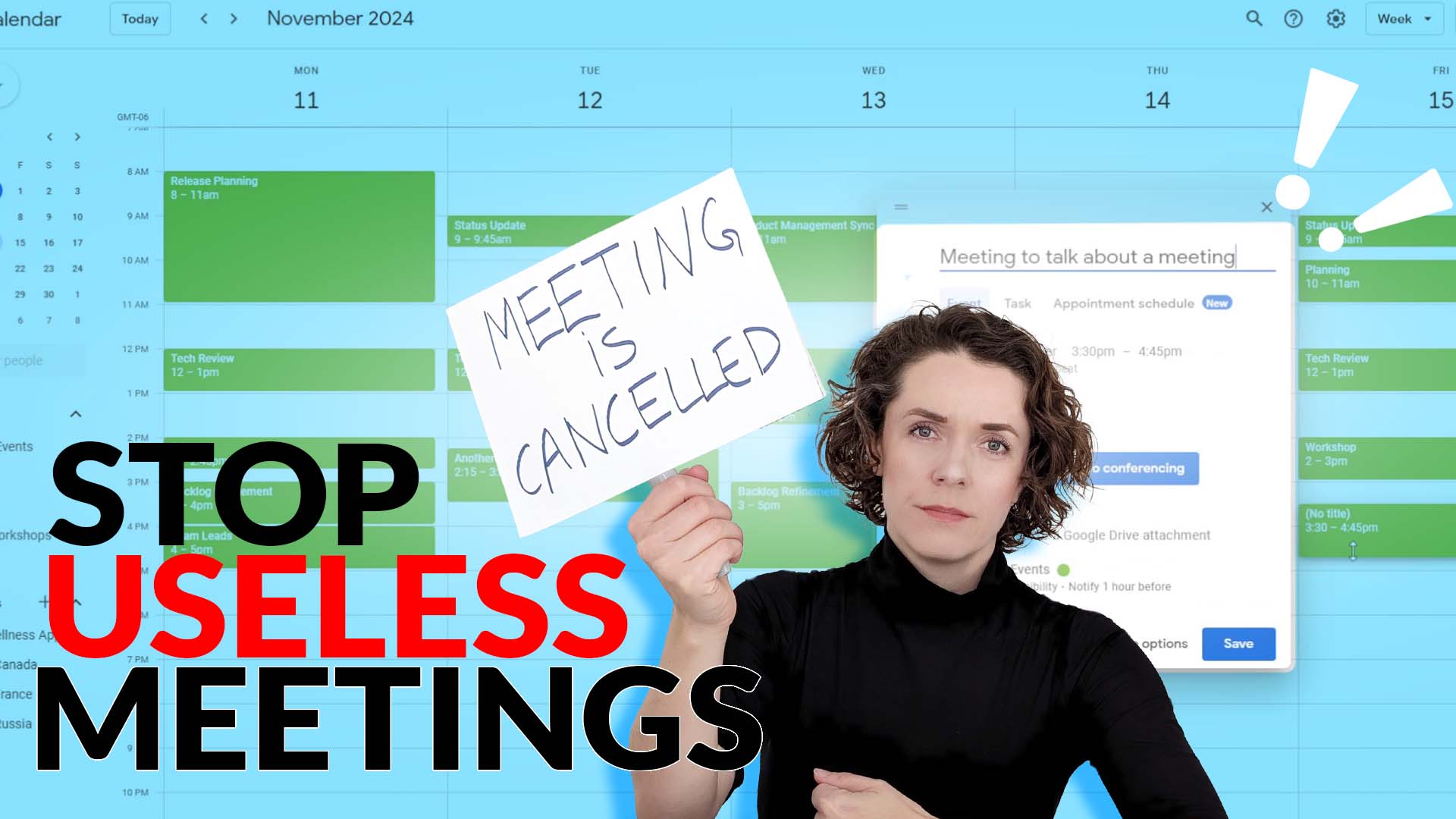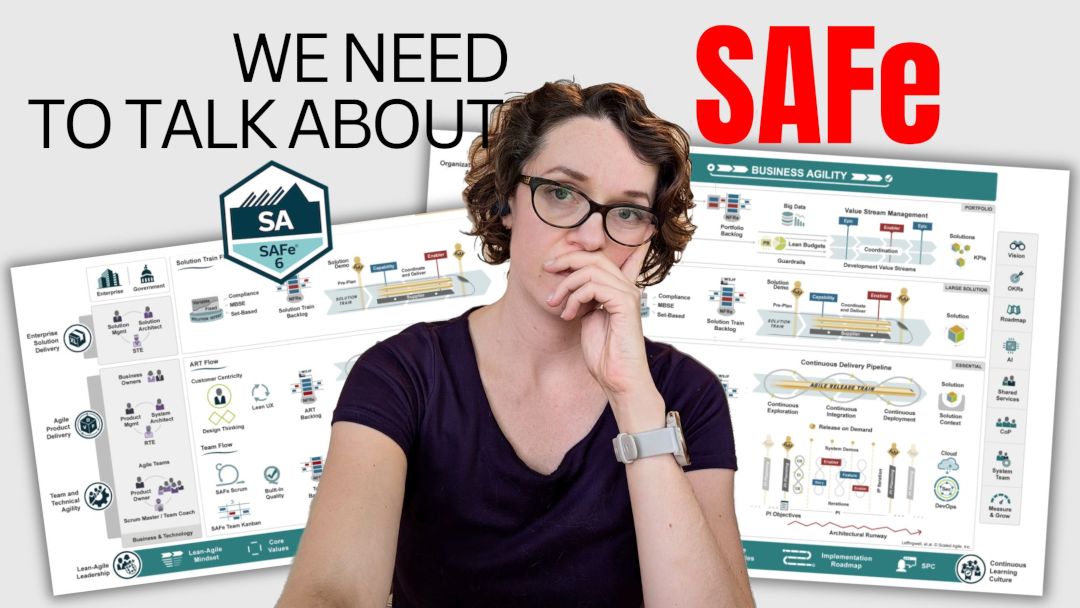One of the topics we discuss during the Professional Scrum Master II class is the Scrum-friendly culture – what makes Scrum successful in an organization. And the key element that comes up is experimentation. This is the whole point of empiricism, the whole point of inspection and adaptation.
Of course, the discussion about experimentation cannot exist without talking about failure.
I have not failed. I’ve just found 10,000 ways that won’t work.
Thomas A. Edison
In order to collect empirical evidence that can help us make most optimal decisions, we need to be able to experiment, which will inevitably lead to failure. It is a natural process and instead of being afraid of it, we need to look at it as an opportunity for improvement.
Watch my latest video to learn how YOU as a Scrum Master can create a Scrum-friendly culture where experimentation and failure is acceptable as well as how it affects your team’s self-management.
Step 1: Failure encourages learning
When you work with a Scrum Team, it is essential to let them fail from time to time. But instead of taking it as a terrible thing, you need to encourage learning from it.
The way you can do it as a Scrum Master is by providing support and coaching to the team in the moments of failure. Working with the on learning and implementing new tools and practices that can reduce the negative impacts of failure.
And sometimes you might need to protect the team from external influences that discourage failure and see it as something unacceptable.
Step 2: Learning encourages self-management
Once your team becomes more comfortable with failure, you can work with them on self-management.
Because they are no longer threated by the fear of failure, they can learn and evolve their ways of working.
And because you know if they fail, they will learn, you can leave them to it from time to time. Hence, you’ll encourage self-management.
It’s an easy formula that can help you get your Scrum Team to greatness.



